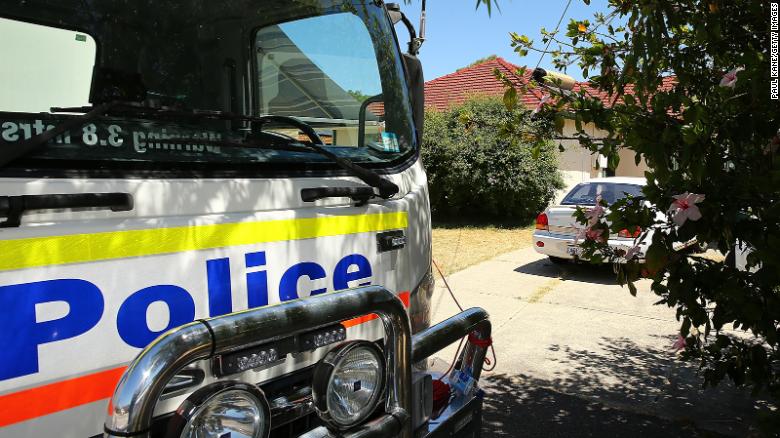For almost 25 years, the disappearance of three young women from a popular nightlife area in one of Australia’s biggest cities remained a cold case. Now, a man has been found guilty of two of their murders.
Bradley Robert Edwards was found guilty Thursday of murdering 23-year-old childcare worker Jane Rimmer in 1996 and 27-year-old lawyer Ciara Glennon in 1997. He was found not guilty of murdering Sarah Spiers, an 18-year-old secretary whose body has never been found, as there was insufficient evidence.
The verdict came after a seven-month judge-alone trial of the case which has continued to loom large in the minds of residents of Perth, in the state of Western Australia.
“The events in question occurred more than 20 years ago but have haunted the memory of many people and troubled the public conscience,” Western Australia Supreme Court Justice Stephen Hall said in his judgment.
“The disappearance and likely murder of three young women was in itself enough to cause wide concern. The fact that all three went missing from a popular nightlife area frequented by many young people inspired a real and pervasive sense of fear.”
What happened
All three of the women were last seen in the early hours after spending a night out in the affluent Perth suburb of Claremont. Pictures of Spiers — who went missing in 1996 — were plastered around the city and she regularly featured of the front page of local newspapers.
The women’s disappearances sparked widespread fear in Perth, where many were shocked that women had been abducted from a suburb like Claremont which was perceived as safe.
“The fact that three young women disappeared from the streets of Claremont created what was described as an enigma of the dark,” Hall said. “That is to say that there was a mystery as to who had taken the three victims.”
Within weeks of their deaths, the bodies of both Rimmer and Glennon were found in bushland. Both had been killed by a sharp-force injury to the neck, Hall said in his judgment.
Spiers was last seen in the early hours of January 27, 1996. Her body has never been found, but there is nothing to indicate that she is still alive, Hall said.
“She must have been abducted or killed, but the circumstances in which she was taken and how she died are unknown,” he added.
For decades, their disappearances went unsolved. Then, in 2016, police had a breakthrough.
Edwards — who was was sent to prison in 2016 after being found guilty of two rapes — was identified as a suspect.
Police matched his DNA to samples taken from under the nails of Glennon’s left hand. The prosecution argued that the DNA likely got under her nails during a violent struggle before her death.
They also said fibers found on the bodies of Rimmer and Glennon matched those taken from Edwards’ work car, which indicated that he abducted both women in that vehicle. At the time of their abductions, Edwards was employed by Australian telecommunications company Telstra.
Reaction to the verdict
Lee Rimmer welcomed Thursday’s verdict, saying the outcome ended more than two decades of not knowing what happened to her sister.
“I think you get some closure but it’s always going to be the same. No one’s ever going to bring her back,” she told CNN affiliate Channel 9.
Western Australia Premier Mark McGowan said what happened to the young women changed the state.
“It caused unimaginable heartbreak and haunted those involved for almost 25 years,” he said in a tweet following the verdict. “Nothing will ever undo the pain felt by these brave families.
“Throughout this long, tragic ordeal, Western Australia has grieved with you.”
Edwards will be sentenced on December 23, Channel 9 reported.
>>>>
